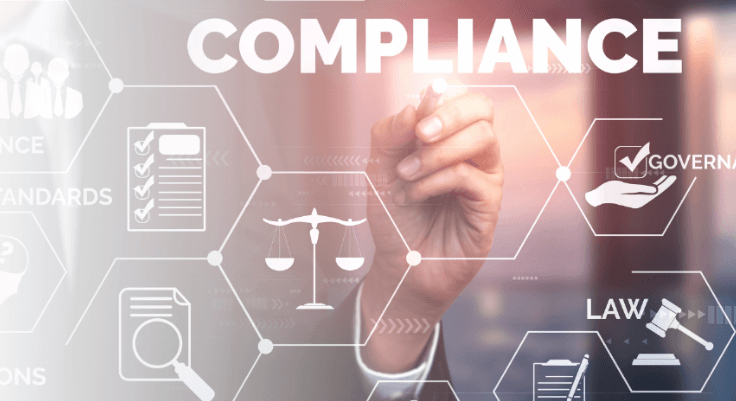Compliance Services to Ensure Adherence to Regulations and Standards

In today’s increasingly regulated environment, compliance services are essential for organizations seeking to navigate complex legal landscapes and uphold industry standards. These services not only help mitigate risks associated with non-compliance but also foster a culture of accountability and ethical conduct within organizations. As we explore the various types of compliance services available, their distinct benefits, and the criteria for selecting a suitable compliance partner, it becomes clear that the implications of these choices extend far beyond mere adherence to regulations. What might be the unforeseen consequences of overlooking this critical aspect of organizational governance?
Importance of Compliance Services
In today’s complex regulatory environment, the importance of compliance services cannot be overstated. Organizations face significant regulatory risks and compliance challenges that can jeopardize their operational integrity.
Effective compliance services mitigate these risks by ensuring adherence to laws and regulations, fostering a culture of accountability, and promoting ethical practices.
Ultimately, robust compliance frameworks empower organizations to operate freely while maintaining legal and ethical standards.
Types of Compliance Services
A diverse range of compliance services is essential for organizations seeking to navigate the intricate landscape of regulations and standards.
Key services include regulatory audits, which assess adherence to legal requirements, and risk assessments, identifying potential vulnerabilities within operational processes.
These services empower organizations to maintain compliance, mitigate risks, and foster a culture of accountability, ultimately promoting sustainable business practices and operational integrity.
Benefits of Implementing Compliance
Implementing compliance within an organization fosters a robust framework that not only safeguards against legal repercussions but also enhances operational efficiency.
By prioritizing risk mitigation, businesses can proactively address potential issues before they escalate.
Furthermore, staying abreast of regulatory updates ensures that organizations adapt swiftly to changing standards, thereby promoting a culture of accountability and transparency that empowers employees and stakeholders alike.
Choosing the Right Compliance Partner
Selecting the right compliance partner is a pivotal step in reinforcing an organization’s commitment to regulatory adherence and risk management.
Organizations should focus on evaluating credentials and assessing experience to ensure alignment with their specific needs.
A partner with a proven track record can provide valuable insights and support, enabling businesses to navigate complex regulations while maintaining operational integrity and flexibility.
Conclusion
In the intricate tapestry of organizational governance, compliance services serve as the steadfast thread, weaving together legal adherence and ethical integrity. By embracing these essential offerings, organizations not only shield themselves from potential pitfalls but also cultivate a culture of accountability and transparency. The journey towards regulatory alignment is not merely a navigation of rules, but a commitment to excellence and responsibility that resonates across all facets of operation, ensuring a resilient foundation for future growth and trust.




